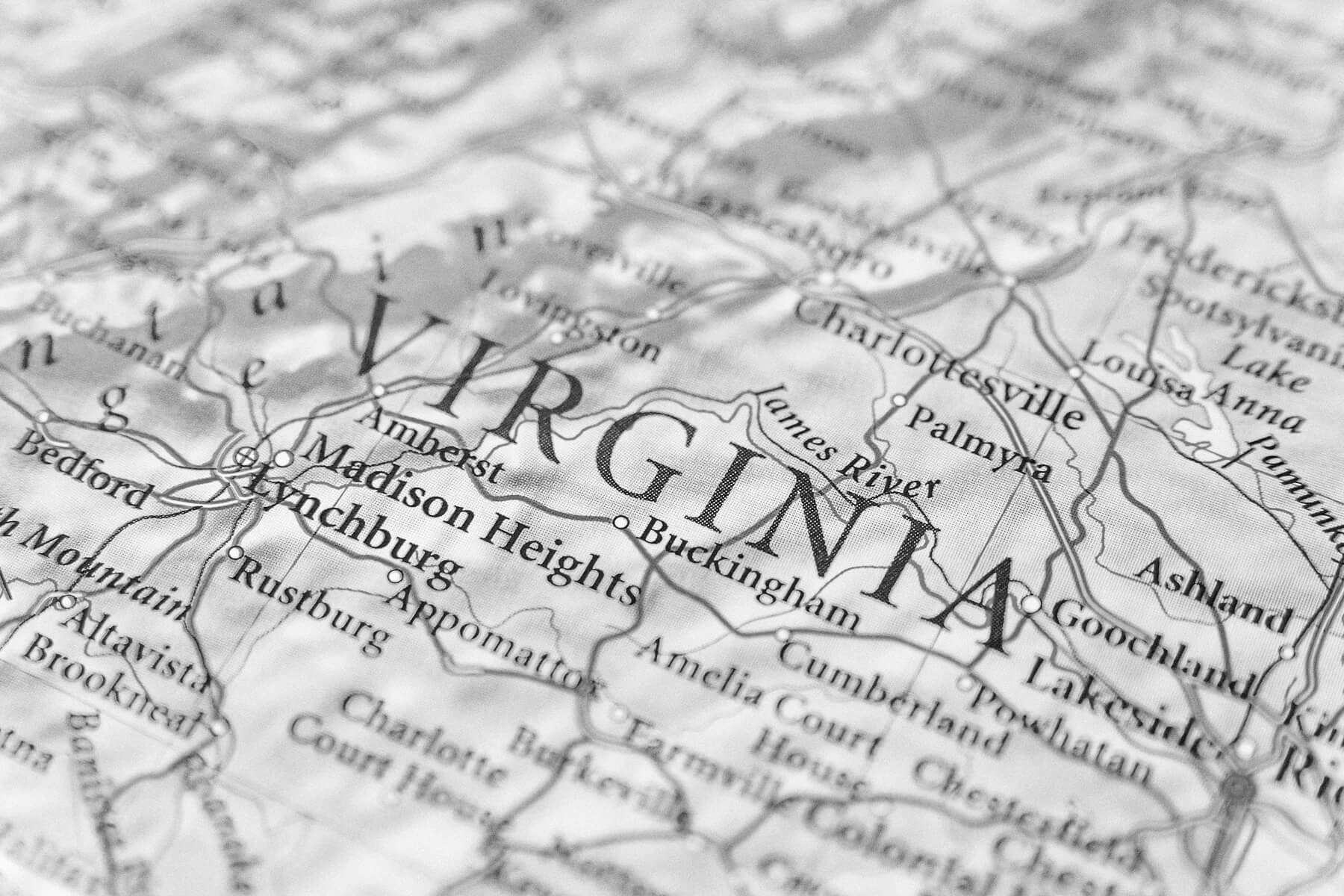
It’s a common conundrum: Is that store further or farther away? What’s the difference? Or do they mean the same thing?
“Further” and “farther” are two of the most notoriously confused words in English. While they have distinct usages today, they sprouted from the same etymological root hundreds of years ago. As the Oxford English Dictionary entry for “further” explains, both “further” and “farther” come from the Old English word fyrðrian, and the original usage of both words was a comparative form of “far,” meaning “more forward, more onward.” The only difference was in the vowels used to spell the words, and that was simply because spelling was not yet standardized at the time.
However, as English developed, the words deviated slightly in meaning, and now there’s a distinct usage for each. “Farther” holds onto the usage of “more far” in relation to physical distance. For example, “We walked farther today than we did yesterday.” There’s a measurable direct comparison. “Further” relies on the meaning of “more onward” in a metaphorical sense; it’s an extension of time or degree. For example, “I need to look into the issue further before I decide,” or “Let’s move the party further in the month.” There’s still a comparison, but no specific measurement.
A good trick to decide when to use “further” or “farther” is to ask the question, “How far?” If there’s a simple answer to that question, use “farther.” For example, “How far did you walk yesterday? A mile.” Compare that to “How far did you look into the issue?” There’s not a concrete answer to that question, so “further” is appropriate. You could technically answer the question of “How far should we move the party?” with a specific answer, but there are always exceptions in the English language. Just remember that “further” is used with extensions of time.























